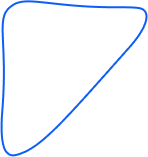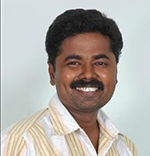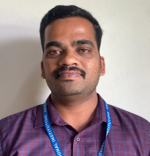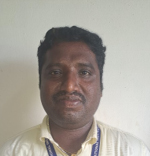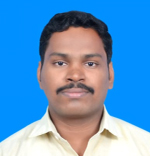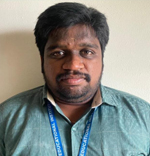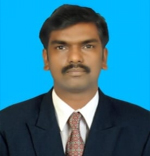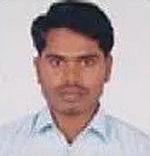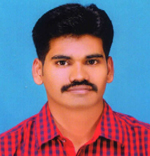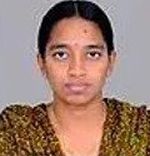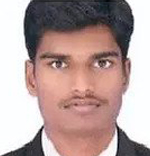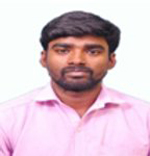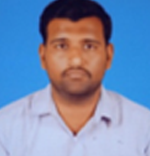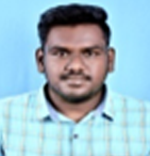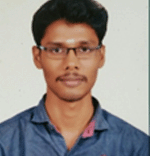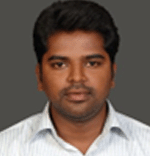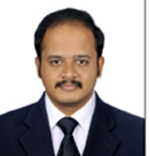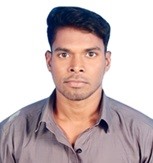About The Department
The Mechanical Engineering Department was established in 2009. The Department has always fostered an atmosphere conducive to the development of future engineers through the adoption of creative pedagogical approaches. Manufacturing Engineering, Design, Energy Engineering, and Thermal Engineering are the specific domains of expertise of the department's faculty members. The faculty members are doing research at highly esteemed universities and publishing their findings in academic journals. The department's infrastructure is fully developed, and it comprises eight laboratories that are suitable for classroom instruction, independent study, and group projects.
The Mechanical Engineering Student Association (Federation of Luminous Aspiring Mechanical Engineers-FLAME) runs career development programs for students in the department, enabling them to showcase their skills as engineers. Students are encouraged to present their research and innovations at regional, national, and international conferences and events. Guest speakers, workshops, seminars, symposia, career advising programs, etc. are often held to inspire students to take up higher education and research. Industry-related experience on real-world issues is gained through mandated industrial visits and internships. More than 800 students have graduated from this program.
Vision
The Department of Mechanical Engineering endeavors to be perceived all over the world for its exemplary education and research that leads to highly skilled engineers who are creative, ambitious, skillful and productive in advanced areas of engineering, research and entrepreneurship.
Mission
* To provide contemporary knowledge and tools, so that students are able to create, perceive, apply, and share knowledge.
* Empowering the students with interdisciplinary knowledge and helping them to develop skills and values that will make them successful in the mechanical engineering field on a global scale.
* To establish connections with industries and develop industry co-teaching environment in the field of cutting-edge technologies, leading to entrepreneurship.




